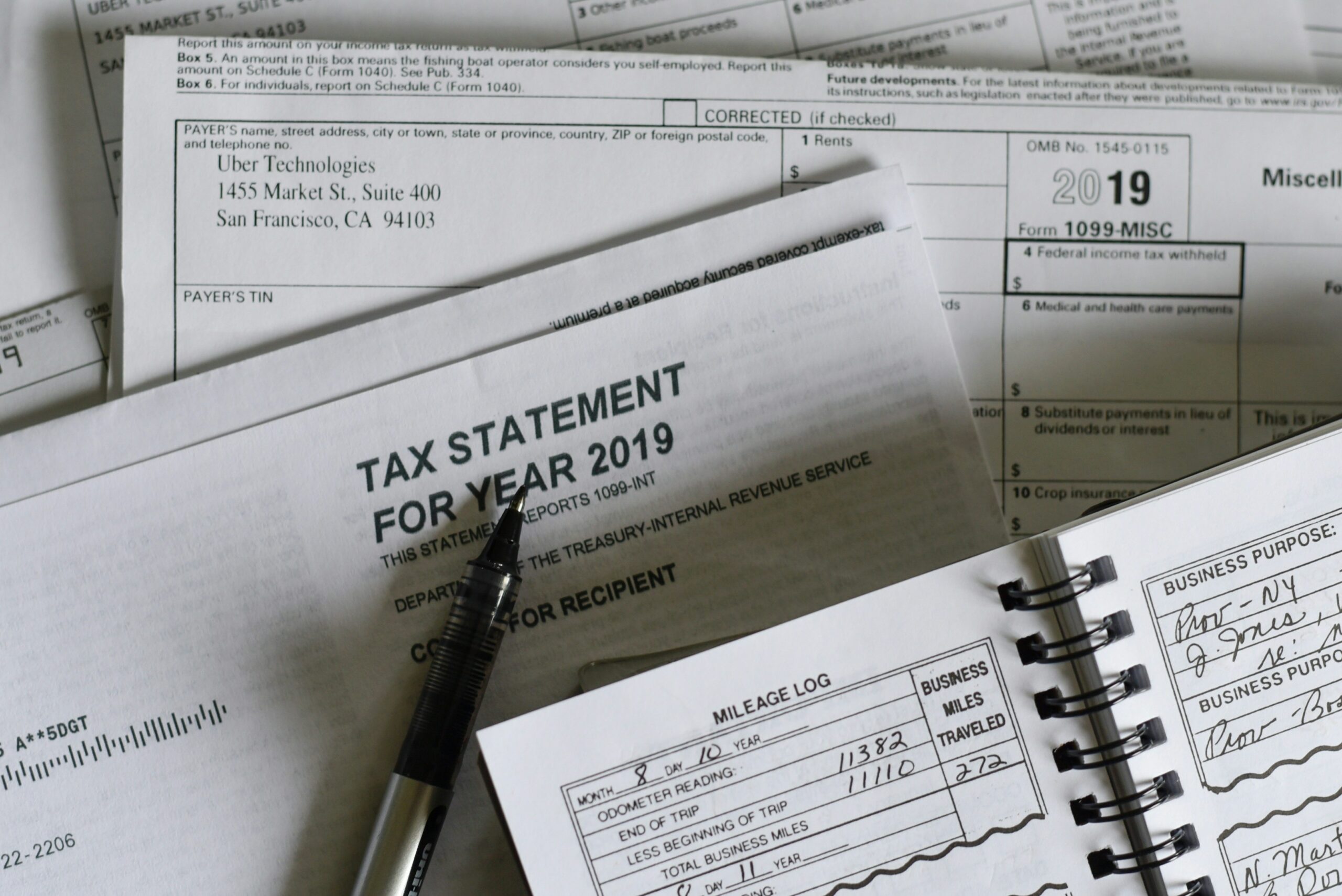Thailand Income Tax
Thailand Income Tax system is governed primarily by the Revenue Code of B.E. 2481 (1938), as amended, and administered by the Revenue Department under the Ministry of Finance. The system operates under a self-assessment model—taxpayers are responsible for computing and reporting their income annually or monthly, depending on the nature of their income and status.
At its core, Thailand’s personal and corporate income tax regime is based on the principle of territorial taxation: income earned within Thailand is taxable regardless of the taxpayer’s residence, while foreign-sourced income is taxed only if remitted into Thailand in the same calendar year by a tax resident.
This article provides a deep-dive analysis into the legal classifications, income types, exemptions, residency rules, and compliance mechanisms under Thai tax law.
II. Legal Framework and Administrative Authority
A. Primary Legislation
-
Revenue Code B.E. 2481 (1938) – Core legal text for all tax categories, including income, VAT, and withholding tax.
-
Ministerial Regulations & Notifications – Clarify definitions, procedural requirements, and tax rates.
-
Double Tax Agreements (DTAs) – Thailand has tax treaties with over 60 jurisdictions, affecting foreign income and withholding obligations.
B. Administrative Body
-
Revenue Department, Ministry of Finance – Responsible for tax collection, audits, and enforcement.
-
Taxpayer Identification Number (TIN) – Required for all residents and foreign income earners.
III. Tax Residency and Scope of Liability
A. Definition of Tax Resident
Under Section 41 of the Revenue Code:
-
A person who stays in Thailand for 180 days or more in a calendar year is considered a tax resident.
-
Non-residents are taxed only on Thai-sourced income.
-
Residents are taxed on:
-
Thai-source income
-
Foreign-source income if remitted to Thailand within the same calendar year
-
This creates an important planning threshold for high-net-worth individuals and expatriates regarding foreign remittance timing.
IV. Categories of Income under Section 40
Thailand classifies income into eight distinct categories under Section 40 of the Revenue Code, each treated differently for withholding, deductions, and rate computation.
| Section 40 Income Type | Examples |
|---|---|
| (1) Employment | Salaries, bonuses, benefits-in-kind |
| (2) Hire of work | Professional services, consulting fees |
| (3) Contracts for work and labor | Independent contractor payments |
| (4) Business/profession | Traders, doctors, lawyers, private practice |
| (5) Rental | Real estate, machinery, vehicles |
| (6) Royalties | Licensing fees, intellectual property |
| (7) Dividends, interest, capital gains | Stock returns, bond yields, share sales |
| (8) Miscellaneous | Annuities, fringe income not otherwise categorized |
Each category allows for different standard deductions and may be subject to specific withholding tax (WHT) rates.
V. Personal Income Tax (PIT) Rates
Thailand uses a progressive tax rate structure for individuals:
| Taxable Income (THB) | Tax Rate |
|---|---|
| 0 – 150,000 | Exempt |
| 150,001 – 300,000 | 5% |
| 300,001 – 500,000 | 10% |
| 500,001 – 750,000 | 15% |
| 750,001 – 1,000,000 | 20% |
| 1,000,001 – 2,000,000 | 25% |
| 2,000,001 – 5,000,000 | 30% |
| Over 5,000,000 | 35% |
These rates apply after standard deductions and allowances.
VI. Deductions and Allowances
Standard Deductions (per income type)
-
Employment: 50% of income, capped at 100,000 THB
-
Professional income (Section 40(2)): 50–70% depending on type
-
Rental income: Variable (10–30%)
-
Business income: Actual expenses or 60–85% standard deduction depending on business
Personal Allowances
-
Personal: THB 60,000
-
Spouse (if no income): THB 60,000
-
Child (per child): THB 30,000 (up to three children)
-
Parental support: THB 30,000 per parent (if age 60+)
-
Life insurance: Up to THB 100,000
-
Retirement mutual funds and provident funds: Subject to specific caps
-
Mortgage interest: Up to THB 100,000
These allowances are codified and must be supported by documentation in case of audit.
VII. Withholding Tax (WHT) Obligations
Thailand uses withholding tax extensively to enforce income tax collection:
| Income Type | Withholding Tax Rate |
|---|---|
| Salaries | 5–35% (monthly, based on table) |
| Professional fees (residents) | 3% |
| Professional fees (non-residents) | 15% |
| Royalties (residents) | 3% |
| Royalties (non-residents) | 15% (or per DTA) |
| Dividends (residents) | 10% |
| Dividends (non-residents) | 10% (or DTA) |
| Interest | 15% |
| Rents | 5% |
Withholding agents (companies, government agencies) must remit WHT monthly using Form PND.1 or PND.3 depending on the taxpayer type.
VIII. Foreign Income and Remittance Rule
Under Section 41 Paragraph 2, tax residents are only taxed on foreign-source income if remitted into Thailand in the same year it is earned.
This has three legal implications:
-
Foreign income remitted in subsequent years is not taxed.
-
There is no “deemed remittance” rule—income must physically be transferred.
-
Taxpayers may legally defer Thai taxation on global income through offshore retention.
This rule has been increasingly scrutinized, particularly for high-net-worth expatriates and digital nomads.
IX. Special Tax Regimes
1. Long-Term Resident (LTR) Visa Holders
-
Flat 17% personal income tax for BOI-certified skilled professionals
-
Foreign income exempt if not remitted in the same year
-
Employment must be BOI-endorsed
2. SMART Visa Holders
-
No work permit required
-
Same tax rules apply as Thai tax residents
3. Foreign Experts on Government Projects
-
May be granted tax exemption on employment income under Royal Decree No. 387 or BOI rules
X. Tax Filing and Compliance
Tax Year
-
January 1 to December 31
Filing Deadlines
-
Personal Income Tax:
-
Paper return (Form PND.90/91): by March 31
-
Electronic filing: extended to April 8 (subject to annual update)
-
Filing Methods
-
Manual (Revenue Office)
-
E-Filing via rd.go.th
Penalties
-
Late filing: 1,000–2,000 THB
-
Underpayment: 1.5% per month interest, plus 100% fine for evasion
XI. Tax Treaty Considerations
Thailand’s Double Tax Agreements (DTAs) may reduce withholding rates or exempt certain income from tax altogether, including:
-
Dividends
-
Interest
-
Royalties
-
Capital Gains (in limited cases)
Treaty relief must be claimed with Form DTD 1, accompanied by a Certificate of Residence from the foreign tax authority.
XII. Conclusion
Thailand’s income tax regime is based on statutory classification, source rules, and self-assessment, with substantial use of withholding at source to ensure compliance. The separation between resident and non-resident tax liability is especially significant for individuals with cross-border income. Combined with a favorable remittance rule, and strategic exemptions under schemes like the LTR Visa, the system offers planning opportunities—but requires rigorous documentation and timing.
The system remains under active legislative and administrative refinement, particularly in light of OECD transparency requirements and automatic exchange of information (AEOI) standards.


